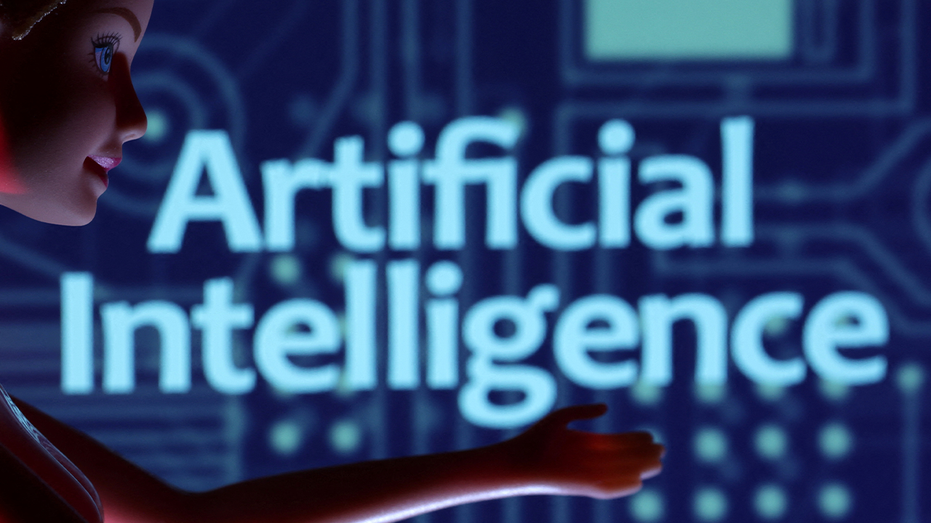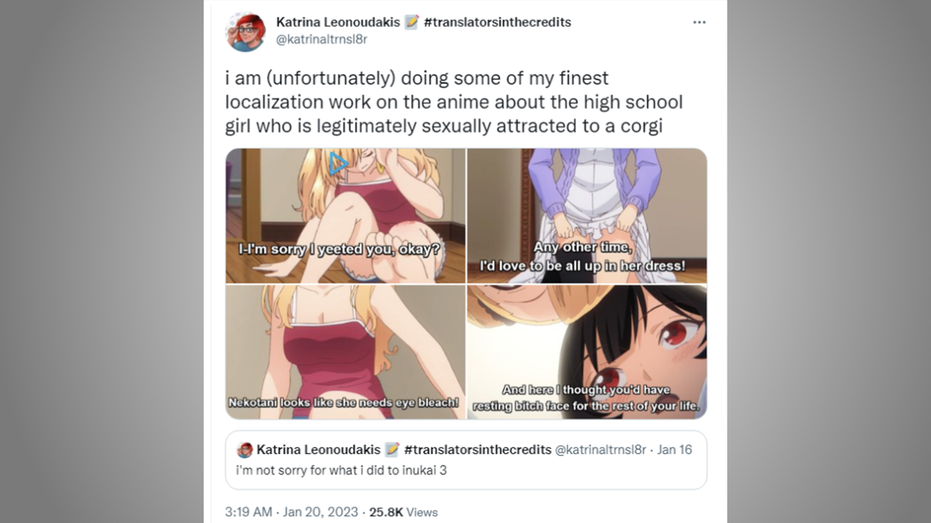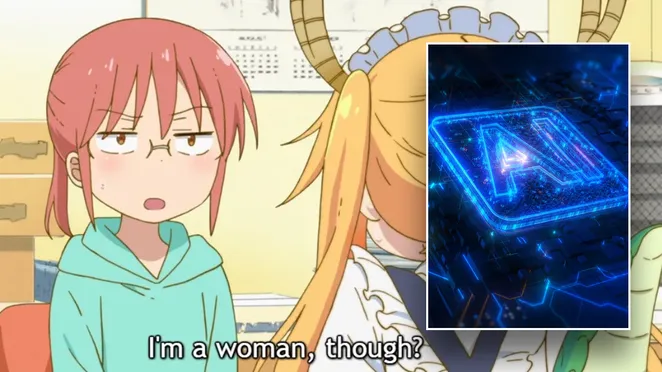(Fox Business) Western television and anime localizers have recently come under fire for injecting “woke” language into English dubs not present in the original work, prompting some companies to implement artificial intelligence (AI) as a way of limiting human intervention or to remove them entirely.
The use of AI in the industry is already well underway. On December 21, the official X account for “The Ancient Magus’ Bride” manga announced it would soon return with a simultaneous internal release in English using AI translation created by the Japanese company Mantra.
In addition, Funimation, an American subscription video-on-demand service for anime, recently merged with the Sony Group Corporation-owned streaming service Crunchyroll. The company has indicated it will use a “hybrid” AI localization system with humans reviewing and editing the results.
Fans are split on these decisions. While some argue AI translations lack the authenticity that human translators bring to the table, others have said the move will stop localizers from placing political biases and modern social issues into translations, thus deviating from the original artists’ intent.

Artificial Intelligence words are seen in this illustration taken March 31, 2023. (Reuters / Dado Ruvic / Illustration / Reuters Photos)
Max Maybury, a tech enthusiast and co-owner of Ai-Product Reviews, told Fox News Digital that AI in Anime localization promises to make translation processes more efficient and accurate but has caused controversy among creators. He noted that many critics of human translators have focused on the alleged insertion of progressive viewpoints into these translations when converting from Japanese to English dubs.
“The fear is that AI, driven by certain ideological biases, will tamper with the intent of the original Japanese texts, resulting in a loss of originality and cultural integrity,” he said.
Recently, Katrina Leonoudakis, a professional translator and localization expert who previously worked for SEGA and Funimation, called the adoption of AI in localization “embarrassing” and “disappointing.”
“Instead of paying a human to do a quality job, they’re using AI to get a mediocre product for free. Is this how little they think of English-speaking audiences? Of translation? For shame,” she said.
Leonoudakis also claimed that machine translation is not yet smart enough to handle television or movies and suggested that audiovisual translators are already “criminally underpaid.”
The salary for those translating and dubbing subtitles can vary wildly depending on the material’s complexity, length and the region in which an individual is employed. Employees in the field can expect to make anywhere between $20,000 and $100,000; however, as is the case with many entertainment jobs, the number of positions is limited.
Over the last several weeks, some anime fans online rejoiced at the idea of AI taking over the position of localizers, citing numerous examples of botched translations.
“Get your tiny liberal hands away from my fave animes,” one TikTok user said.
“It’s not even mistranslations: it’s blatantly changing it to something that wasn’t there in the first place,” another account chimed in.







